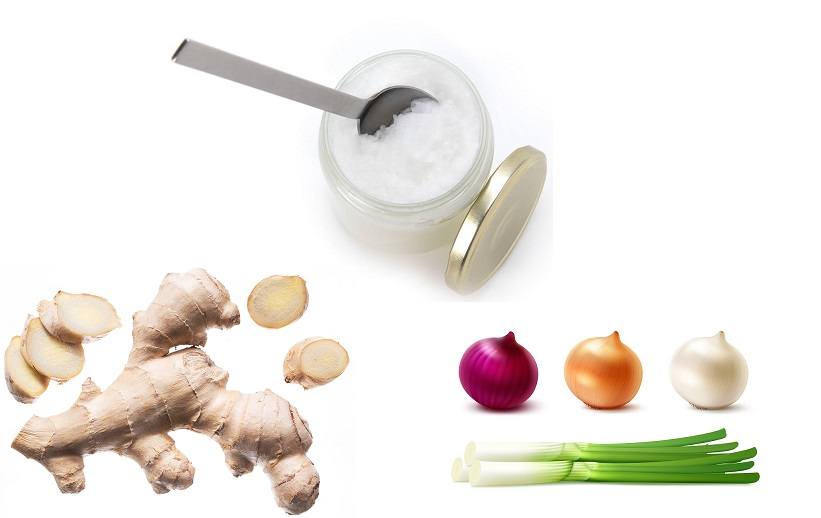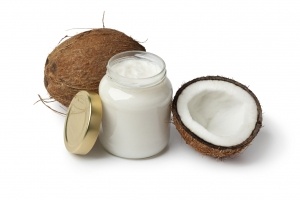Study: Coconut Oil and Other Natural Products Kill Antibiotic Resistant Clostridium Difficile
With the rise of antibiotic resistant pathogens, researchers are turning their attention to natural products in hopes of finding cures outside of the patented pharmaceutical paradigm for fighting disease. In a study just published in Journal of Applied Microbiology, Australian researchers studied 22 natural products and their ability to inhibit the spore cycle of Clostridium difficile. Clostridium difficile (C. diff) is mostly incubated in hospital settings, is antibiotic resistant, and very contagious. It can create life-threatening inflammation of the colon. The Australian researchers tested 22 natural products in vitro, and found that three of them "showed inhibitory effects on sporulation of C. difficile. Effects on sporulation, determined using microscopy and a conventional spore recovery assay, showed that fresh onion bulb extract (6.3% v v-1 ) and coconut oil (8% v v-1 ) inhibited sporulation in all four isolates by 66-86% and 51-88%, respectively, compared to untreated controls. Fresh ginger rhizome extract (25% v v-1 ) was also inhibitory, although to a lesser extent."




